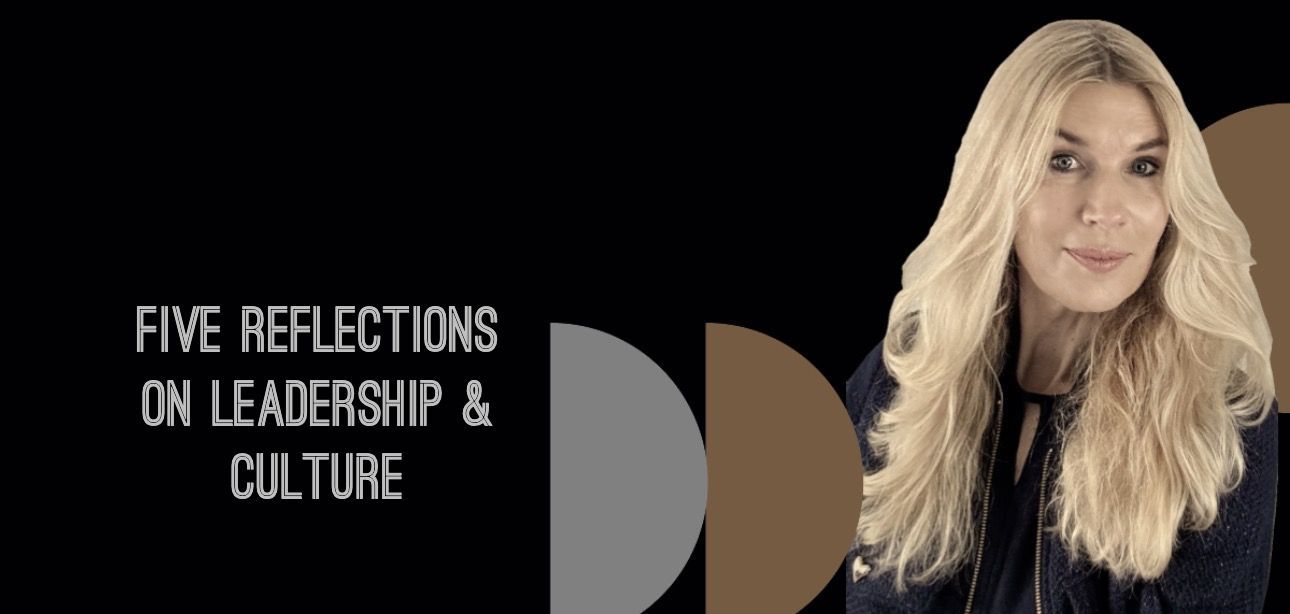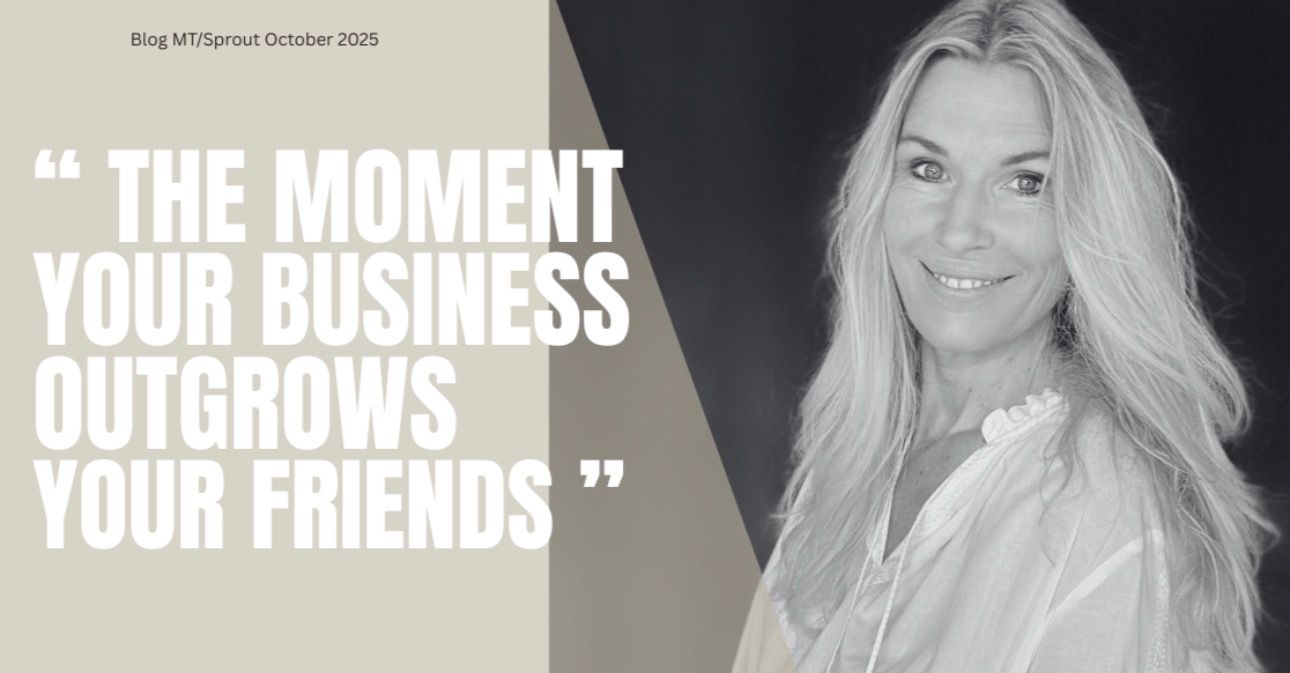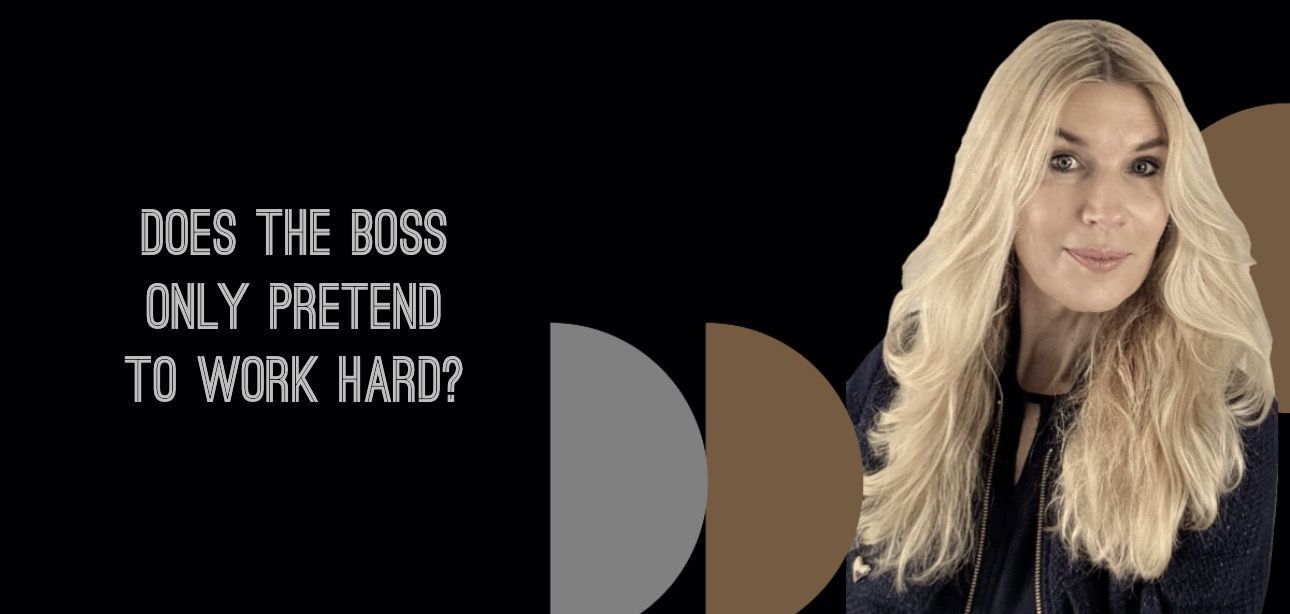
3 December 2024, 2.5 minutes – MT/Sprout
Corporate culture
It’s a question I’m often asked: “Ineke, you’re running a growing company; how do you ensure it doesn’t turn into a corporate?” It’s a fair question because the term corporate evokes a range of reactions—both positive and negative. For some, it represents the ultimate workplace: a professional, structured environment offering security, stability, and clearly mapped-out career paths. For others, it’s a maze of bureaucracy where politics and power dominate, decisions drag on, and ideas fade away quickly.
Having worked in diverse organisations—from small teams to large corporates—I’m well aware of the pitfalls. My simple answer is often: keep talking about it. Clearly articulate what you don’t want to become and what you do value, and do so sharply and consistently.
As you grow quickly and hire more specialists, more people inevitably get involved in the decision-making process. I believe it’s essential to make deliberate choices during this growth. Give experts a greater voice in their areas of expertise. Don’t clutter management or leadership agendas with topics that are too specific for large-scale discussions.
What’s fascinating is the stream of people leaving corporates to join startups—or even start their own businesses. Suddenly, they seem to embody entrepreneurship, shedding the corporate straightjacket and thriving in a small, agile environment. I often wonder: was this entrepreneurial spirit already within them? Or is it a reaction to the constraints they experienced in a large organisation?
Discontent, ambition, or power?
Some of these switchers may have been unhappy in a corporate all along. They couldn’t make an impact or realise their ideas because of all the layers and rules. For them, a startup is the perfect place to flourish. I understand this, and it’s excellent—especially for people who are innovative and creative, building exciting new businesses.
But another group intrigues me even more: those who manage to carry their corporate power into the startup setting, creating an entirely new dynamic in the process. Because startups are small, people often tolerate more. A strong vision, almost autocratic decisions, or a dominant ego can be perceived as decisiveness in this context. But is that a healthy foundation? Or are you simply building a mini-corporate in a new guise?
The culture question remains
These transitions highlight that culture—whether corporate or startup—is not just about structure. It’s about people. Their motivations don’t change just because they’re in a boardroom or a coworking space.
The real question isn’t whether you’re a corporate or a startup but what kind of culture you create and sustain. Do you give people room for creativity and entrepreneurship? Or do you inadvertently recreate the same dynamics you sought to leave behind? This requires reflection—and perhaps even the willingness to critically examine yourself.
What do you think: is it in our DNA, or is it a matter of environment?
Delen
Ineke Kooistra Blog & Articles










